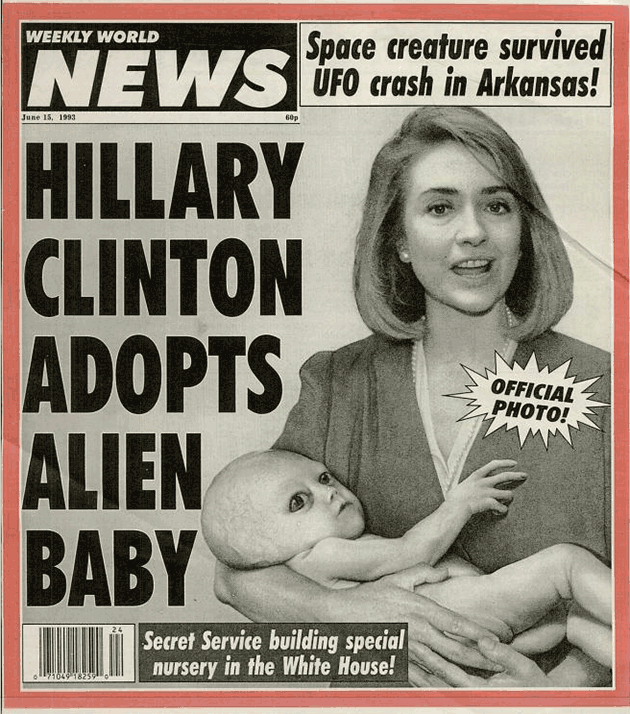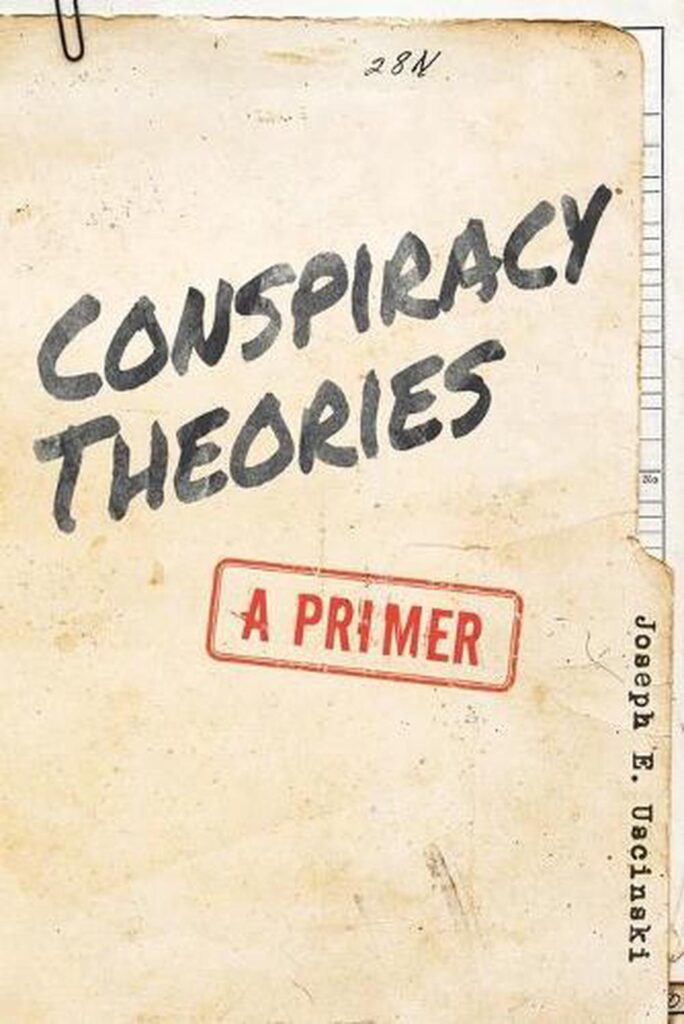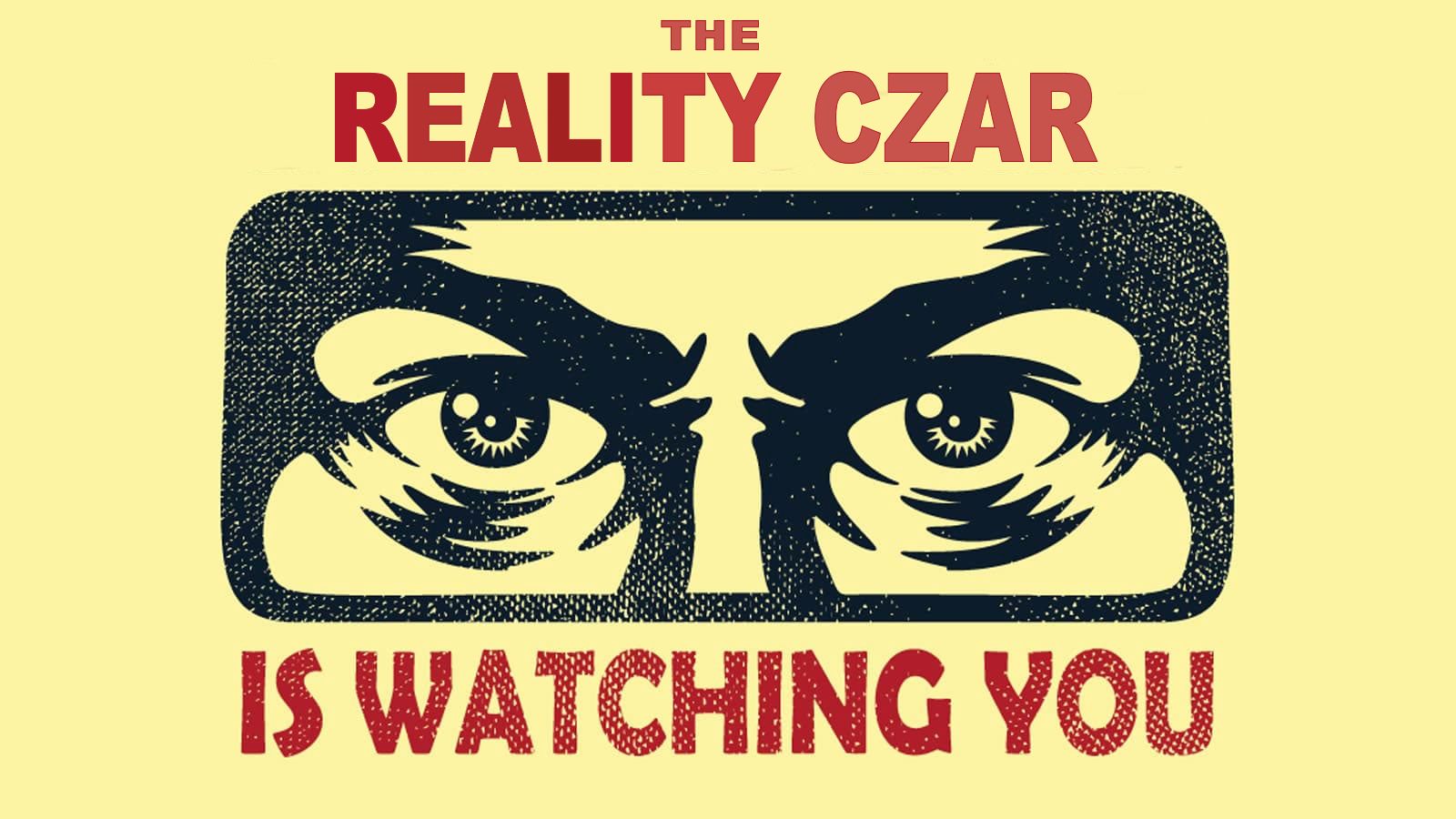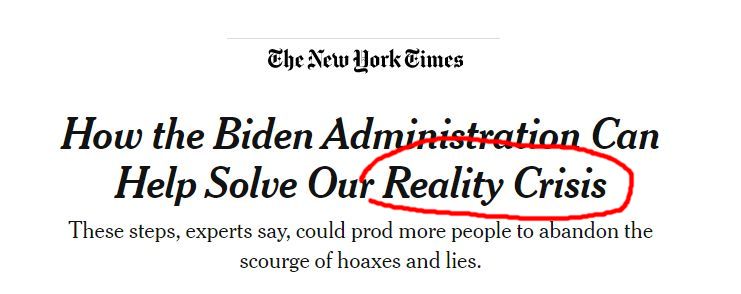The Survival Prepper movement has gone from fringe to mainstream thanks, in no small part, to the COVID-19 virus. Before the pandemic, most responsible citizens aspired to be disaster-prepared. The problem was, we just never followed through. That is until a (plausibly) leaked lab virus created a global panic, leading to death, governmental over-reaction, mass quarantine, supply chain collapses, economic crashes, and urban riots. Well, that was the wake-up call for prepper procrastinators and vaulted a niche industry into a mainstream necessity.
But apparently another, lesser known crisis is now upon us — a reality crisis.
A February 2021 New York Times article boldly suggested it may be time for the United States government to create something called a “reality czar.” Why? And what in the world is a reality czar? According to the author, Kevin Roose, technology writer, this government administrator could help “solve our reality crisis” by tackling “disinformation and domestic extremism” and censoring its dissemination. The “czar,” and his or her department, could “become the tip of the spear for the federal government’s response to the reality crisis.”
The dictionary definition of reality is, “The state or quality of being real; something that actually exists or happens; a real event, entity, or state of affairs; the totality of real things and events.”
However, the type of “reality” that Roose cites as being in “crisis” clearly has nothing to do with a state of actual existence or a quality of being — it has to do with “disinformation.” He writes:
Thirty percent of Republicans have a favorable view of QAnon, according to a recent YouGov poll. According to other polls, more than 70 percent of Republicans believe Mr. Trump legitimately won the election, and 40 percent of Americans… believe the baseless theory that Covid-19 was manufactured in a Chinese lab.
These opinions are alleged examples of “misguided beliefs…[h]oaxes, lies and collective delusions.” They find their source in a “muddled, chaotic information ecosystem” (which one could only assume does NOT include the “paper of record”). However, it is the conclusion suggested by the author that is so startling — the government should actively censor sources that are viewed as unreliable or misleading. Or as Rep. Alexandria Ocasio-Cortez (D–N.Y.) warned, “We’re going to have to figure out how we rein in our media environment so that you can’t just spew disinformation and misinformation.”
Several questions immediately arise when such correctives are floated. For one, who arbitrates between what is true and what is false reportage? Both Ocasio-Cortez and the New York Times embrace clear ideological biases. Are these biases inconsequential to what one deems as “misleading”? And what happens when the wheel of the narrative is taken by their political opponents? Also, there’s the problem of “shrinking the public square” in order to stifle debate.
I don’t need the government to ban The Weekly World News to know it’s twaddle… Banning info sources, even suspect ones, always backfires.
Matt Welch at Reason magazine responds:
Journalists and media-theoreticians right now think the solution to Trumpy delusion is to deplatform even sitting U.S. senators, sic the feds on Fox News, break up Big Tech, reject “bothsidesism,” use the most maximally negative adjectives to describe Republicans, and reposition journalism as a tool for producing better democratic outcomes through applied moral clarity.
I think those approaches will backfire. Deliberately shrinking the public square is no way to persuade consumers on the edges of the debate. Injecting more moralizing into fact-gathering is unlikely to make the end product more factual. Giving the government more power over the rules and practice of free speech is, well, dystopian.
My recommendation to journalists and their cousins in government and academia will be neither popular nor satisfying, but here it is: Do your own jobs better. That’s it, that’s the memo. If government was efficient and helpful, if journalism was compelling and truthful, if the academe was relevant and unpredictable, their lectures would have far more resonance, and audience.

Censorship inevitably backfires… even when the material being censored deserves a limited audience. I don’t need the government to ban The Weekly World News to know it’s twaddle. But the moment that some official tells me I can no longer peruse the pages of that rag — or ANY network or newsource — is when I suddenly become more interested. It’s the “forbidding” that makes the fruit so enticing. So what if Hillary’s Space Alien Baby is fake news! Knowing that every mouse click undercuts Big Brother is added incentive.
Banning info sources, even suspect ones, always backfires. Not only does it throw shade on our public IQ, but it inevitably platforms via de-platforming. (Case in point: Joe Rogan has emerged as one of the most influential news/entertainment personalities, mainly for airing controversial interviews. After his interview with Dr. Robert Malone about COVID science was banned from YouTube, Rogan’s show was catapulted into the highest rated news source.) Science that is forbidden to be interrogated deserves to be suspect. In the same way, when legacy media, Big Tech, and Big Pharma are all anxious to silence certain voices, it only creates more ears.
Of course, the “information” cited in Roose’s NYT article is significantly more relevant — and debateable — than Hillary’s cuddly baby martian. For example, the belief that COVID-19 escaped from a lab was once considered a full-blown conspiracy theory. Now, it is considered a leading possibility. Likewise, Republicans’ belief in some level of voter fraud in the 2020 election, though now labeled “the big lie,” still contains some compelling evidence. In fact, The Washington Times recently reported that in late 2017 the overwhelming majority of Democrats believed that Trump “was not legitimately elected president.” In other words, Republican’s’ views on voter fraud are “not novel.”

It doesn’t take much to concede the belief that misinformation and “collective delusions” litter our “information ecosystem.” But is the answer to create an administrative body to fact check news sources? Is the answer to appoint a “reality czar”?
Trust in government and media were already tenuous before the pandemic. It’s led some to ask, Will public trust in science survive the pandemic? and Can experts win back the public’s trust? Has COVID really marked the twilight of the expert class? Others suggest that the CDC has lost all credibility. Still others conclude, “Levels of trust in this country—in our institutions, in our politics, and in one another—are in precipitous decline.”
Perhaps society is not experiencing a “reality crisis,” but a “crisis of trust.”
Furthermore, conflating public distrust of institutions, government, and media, with some type of break from reality is gaslighting of the highest order. Pronouncing those who disbelieve in your approved data as being ‘psychotic’ is hardly a way to endear their allegiance.

In his book “Conspiracy Theories: A Primer,” Joe Uscinski suggests that “citizens should believe accounts from properly constituted epistemic authorities.” But who are these “properly constituted epistemic authorities”? The truth is that once -trusted authorities and professions are bleeding credibility. Whereas the American media used to rank relatively high in its trustworthiness, the U.S. news industry now ranks at the bottom of the global index. Hard journalism has given way to partisan reportage, spin, and adherence to institutional orthodoxy.
As a result, the field of epistemic authorities has shrunk. As Uscinski puts it in this essay,
The collective production of reliable knowledge is by no means the sole preserve of accredited institutions of epistemic authority.
For example, he cites citizens groups of independent researchers who have “engaged in rigorous and competent investigation” of larger institutions. The findings of some of these groups have “been endorsed by scientists” and other relevant authorities. As a result, some credible independent research casts doubt upon the veracity of previously-vetted authorities.
…even institutions with seemingly unimpeachable claims to epistemic authority do not necessarily stand above and immune from political contestations over knowledge and truth claims. For this reason, skepticism about them cannot always or necessarily be condemned as irrational.
Knee-jerk charges of “conspiracy theory!” followed by blacklisting is hardly the way to recover one’s deflated bona fides.
In this sense, the New York Times does not “stand above” the “muddled, chaotic information ecosystem” it condemns. In fact, reclaiming a position of “epistemic authority” demands transparency and independent investigation. No one paper or person can be above scrutiny. The Gray Lady must herself be subject to interrogation before she can lecture the field on journalistic integrity.
“…even institutions with seemingly unimpeachable claims to epistemic authority do not necessarily stand above and immune from political contestations over knowledge and truth claims. For this reason, skepticism about them cannot always or necessarily be condemned as irrational.”
In this sense, appointing a “reality czar” is the worst possible response to a “reality crisis.” Unless such an individual or institution was absolutely free of ideological bias, political motivation, or self-interests, glossing them as an “epistemic authority” only perpetuates the “muddled, chaotic information ecosystem” one seeks to maneuver. Rather, there must be an admission like the one made by Joseph Bernstein in his Harper’s Magazine expose on disinformation that “However well-intentioned these professional [disinformation researchers] are, they don’t have special access to the fabric of reality.” Similarly, no “reality czar” would be above the social conditions that he/she queries. And in a world where a transgender swimmer in the Ivy League is smashing women’s records after competing as a man for three years, where 2+2=5, and the president of Planned Parenthood was terminated for not ‘admitting’ that men can become pregnant, one wonders exactly what “reality” a “reality czar” would arbitrate.
The Aspen Institute’s Commission on Information Disorder released a report containing 15 recommendations for addressing the “mis and disinformation crisis” in the United States. The commission attempted to embrace what it called a “non-partisan and non-ideological approach.” While the report acknowledged that “in a free society there are no ‘arbiters of truth,’” the study does little more than reflect the ideological biases of its authors. They ultimately recommend empowering “authorized researchers” and “experts” to review media behavior, without ever calling for bi-partisan configurations of our information ecosystem.
As our trust in media, academics, and experts continues to wane, the locus of “authority” actually drifts further away from our institutions and the elite class. Epistemic authority only ever lies in one place — within ourselves.
We are each, for better or worse, “reality czars.”
If our society is experiencing a “crisis of trust” rather than a “reality crisis,” the way back is not to empower selected authorities to squelch what they consider “misinformation.” Rather, it is to train the next generation with critical thinking skills and to exercise our own. Shrinking the public square might render the appearance of minimizing misinformation, but it inevitably only sends the debate into other, sometimes more volatile, corners. The quickest way to ensure the perpetuation of “misguided beliefs…[h]oaxes, lies and collective delusions” is to defer arbitration to someone other than ourselves.

















Beautiful
I spent 4 years saying that if the media wanted to truly undercut then President Trump, the best thing they could do was triple check everything they posted and make sure it was 1000% factual. (Extra zero on purpose.) They would undercut his cries of “fake news” and let people know what he was really like.
You know, basically do their job.
Instead, they ran with any and everything they thought could hurt him whether it was true, false, or highly edited. In some circles it has worked since lies are still believed. In others it hasn’t work because when they told the truth, they weren’t believed.
But now we have no way of knowing what is reality because those who are supposed to tell us what reality is have lied to us so much we can’t trust them, and they try to silence anyone who disagrees with them, whether there is any evidence to believe them or not.
Yes, we are in a reality crisis. But those bemoaning it have created it, and they don’t seem that interested in fixing it, either.
I agree that we need to be our own fact-checkers and reality czars (a buzz-phrase with little-to-no meaning if there ever was one). Teaching students in particular to be able to hunt for sources and verify the truth of statements by any authority figure is essential to a functioning democracy. A de-centralized approach would be preferred over a centralized one.
Since the repeal of the Fairness Doctrine by the FCC panel under Reagan (https://www.reaganlibrary.gov/archives/topic-guide/fairness-doctrine), the American public has had an increasingly divisive take on what constitutes Truth and Reality. It doesn’t help that both sides of the media vie for attention, likes, shares, etc. while viewership/readership continues to decrease. There is no standard anymore to hold to because there is no incentive to give a balanced and fair presentation. In the end, the advertisers won.